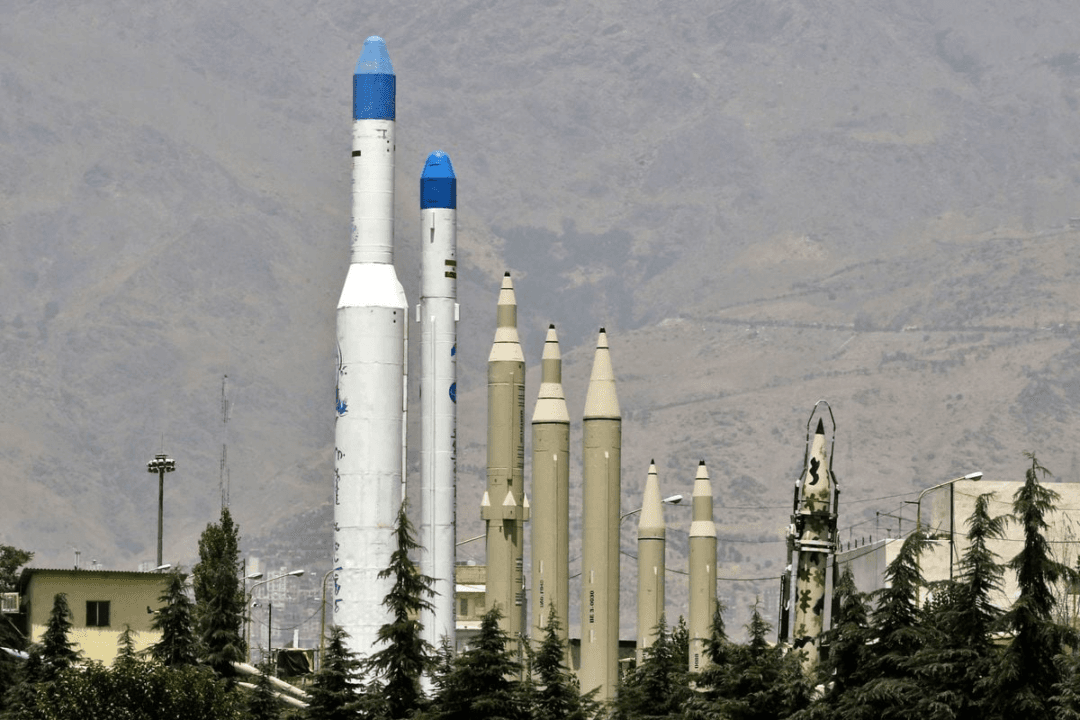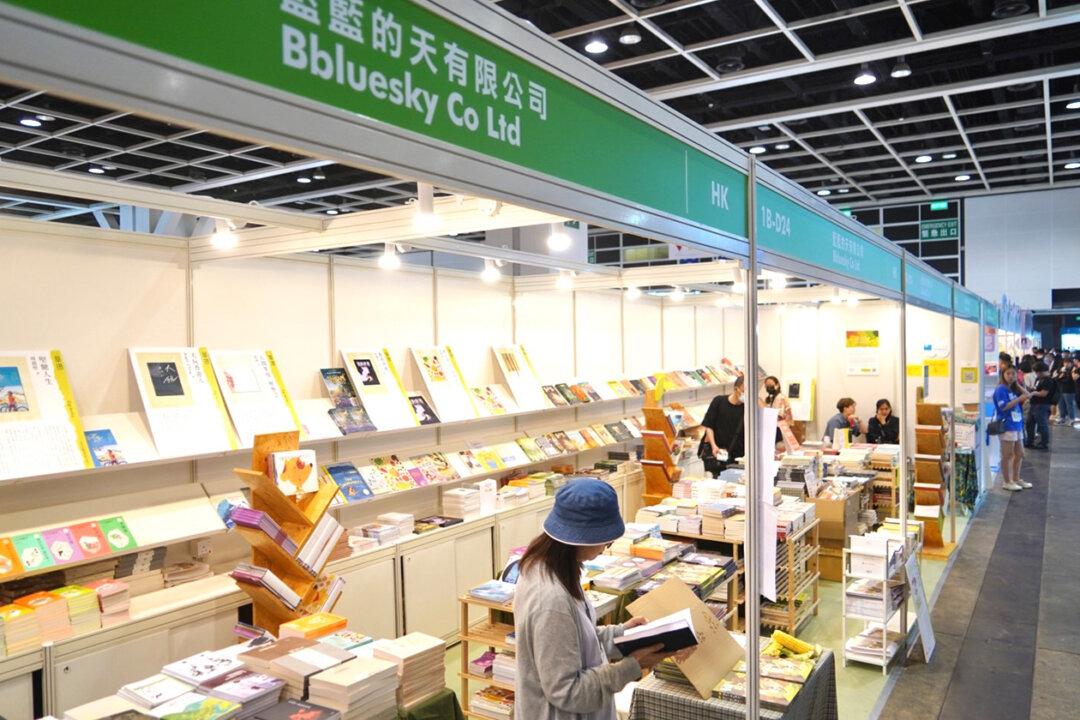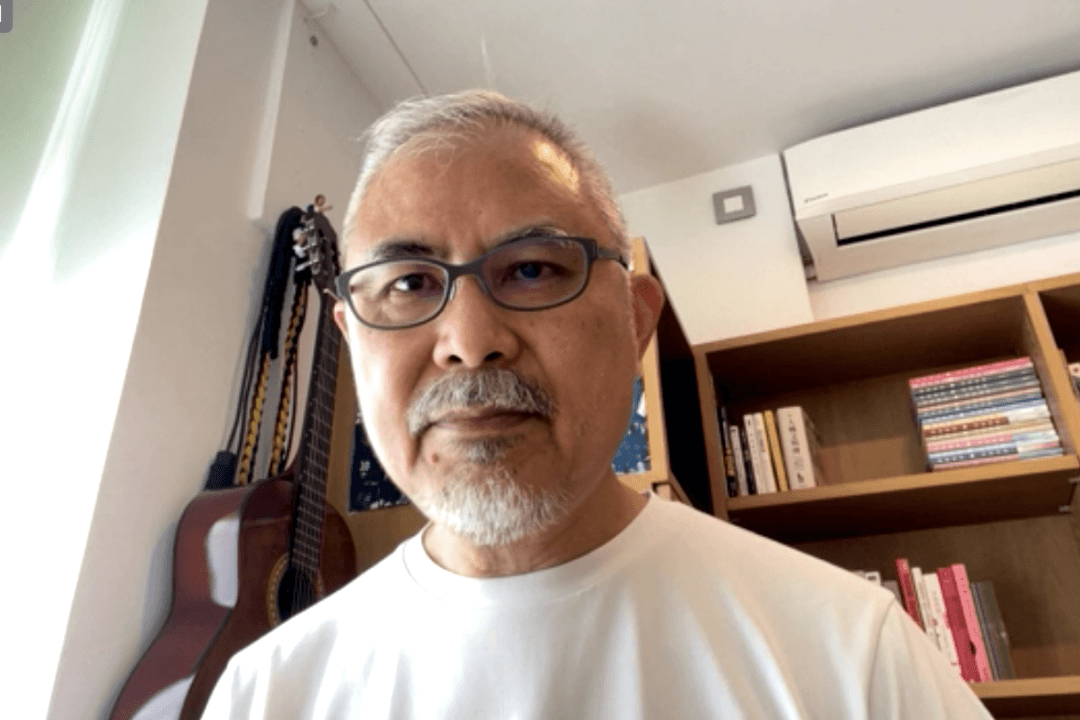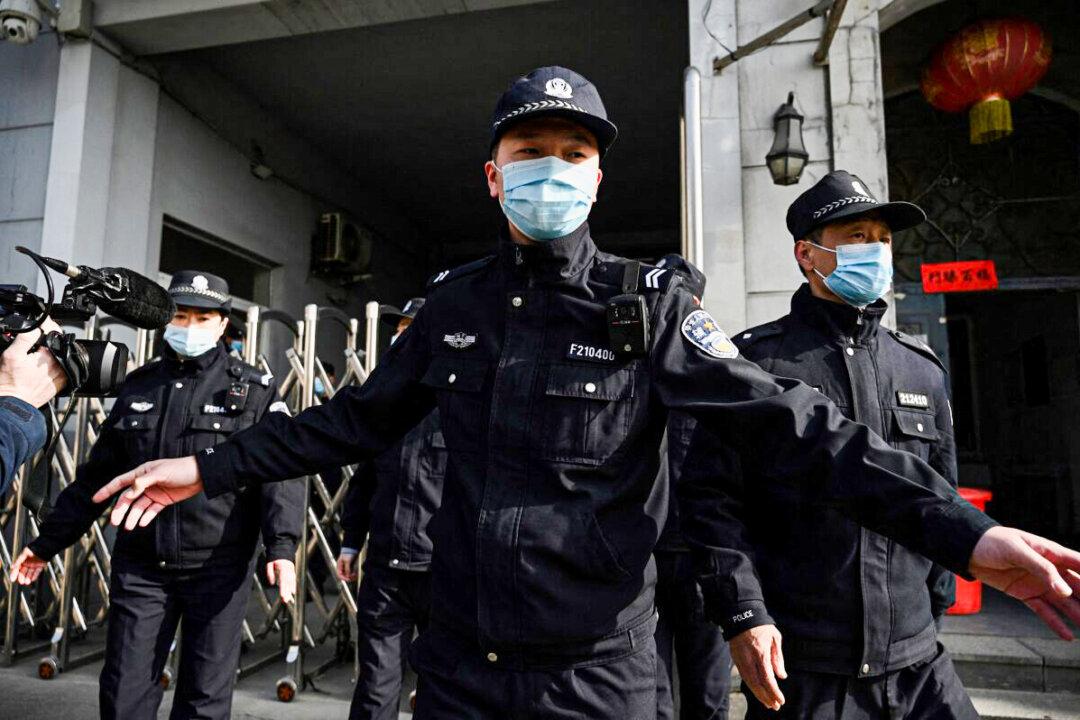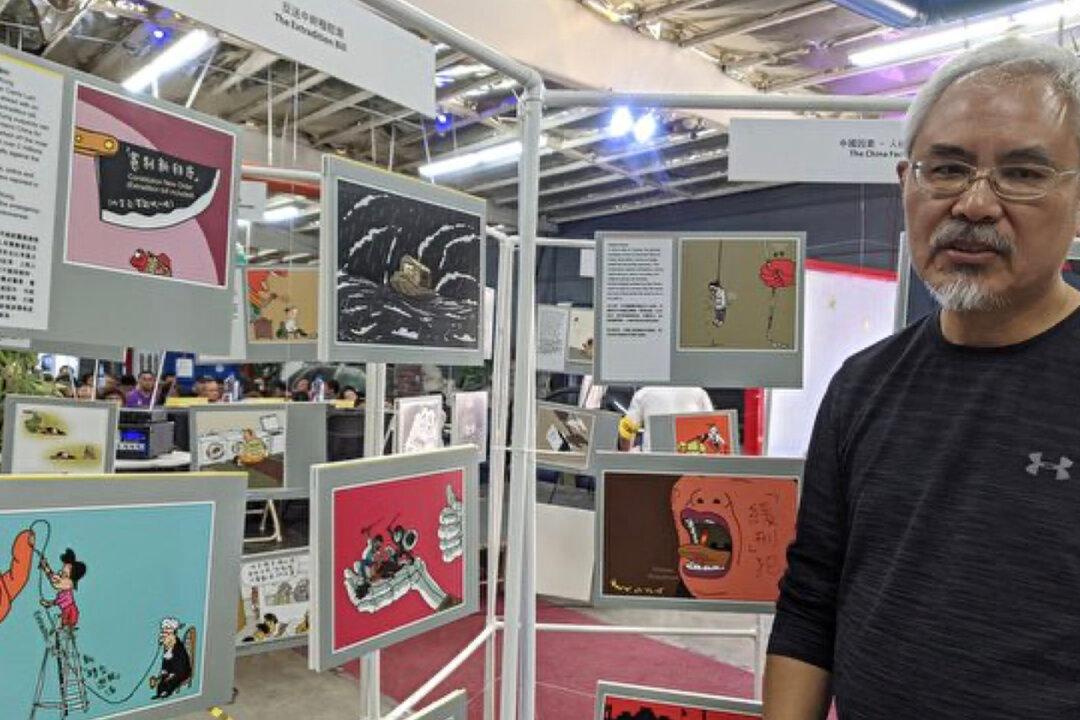On June 6, the United States announced a list of sanctions against individuals and companies secretly helping Iran develop ballistic missiles, including more than ten individuals and companies from Iran, China, and Hong Kong. According to the investigation of the Epoch Times, “Hong Kong Ke.Do International Trade Co Ltd” on the list is a shell company closely related to “Qingdao Zhongrong Tong Trade Development Co Ltd,” which is suspected of trading in non-ferrous metals.
According to information released by the U.S. Treasury Department, this international network consisting of seven individuals and six companies “facilitated the procurement of sensitive and critical components and technology for Iran’s ballistic missile development by key institutions including the Iranian Ministry of Defense and its subsidiaries.”
